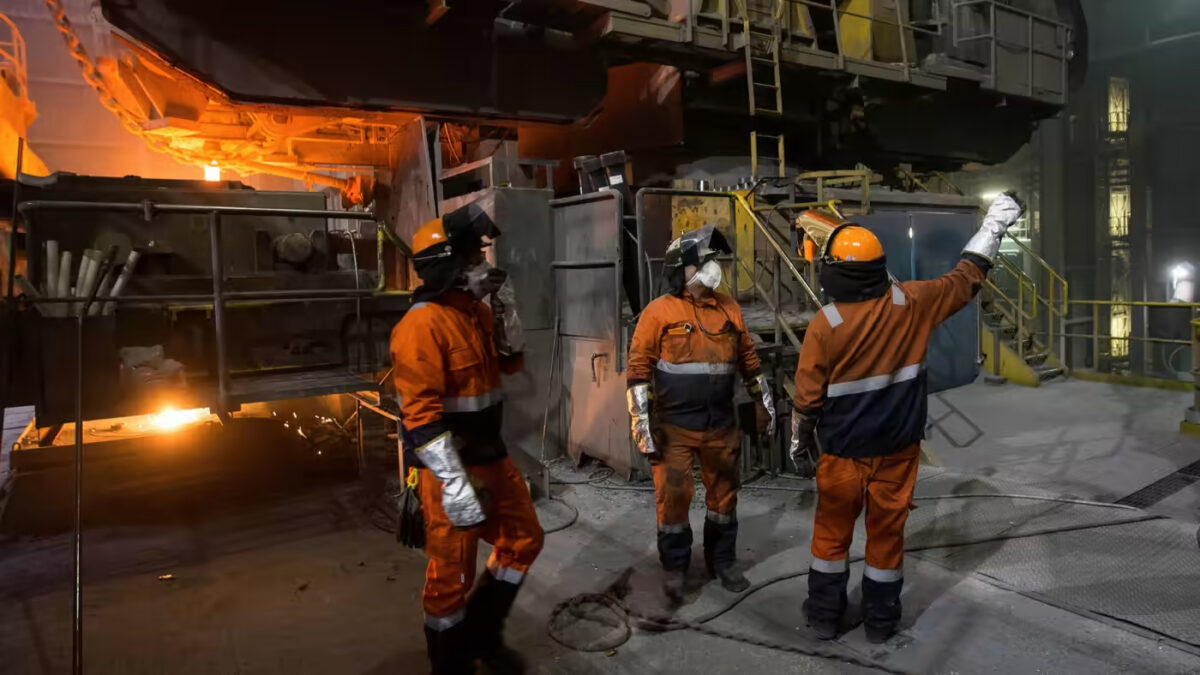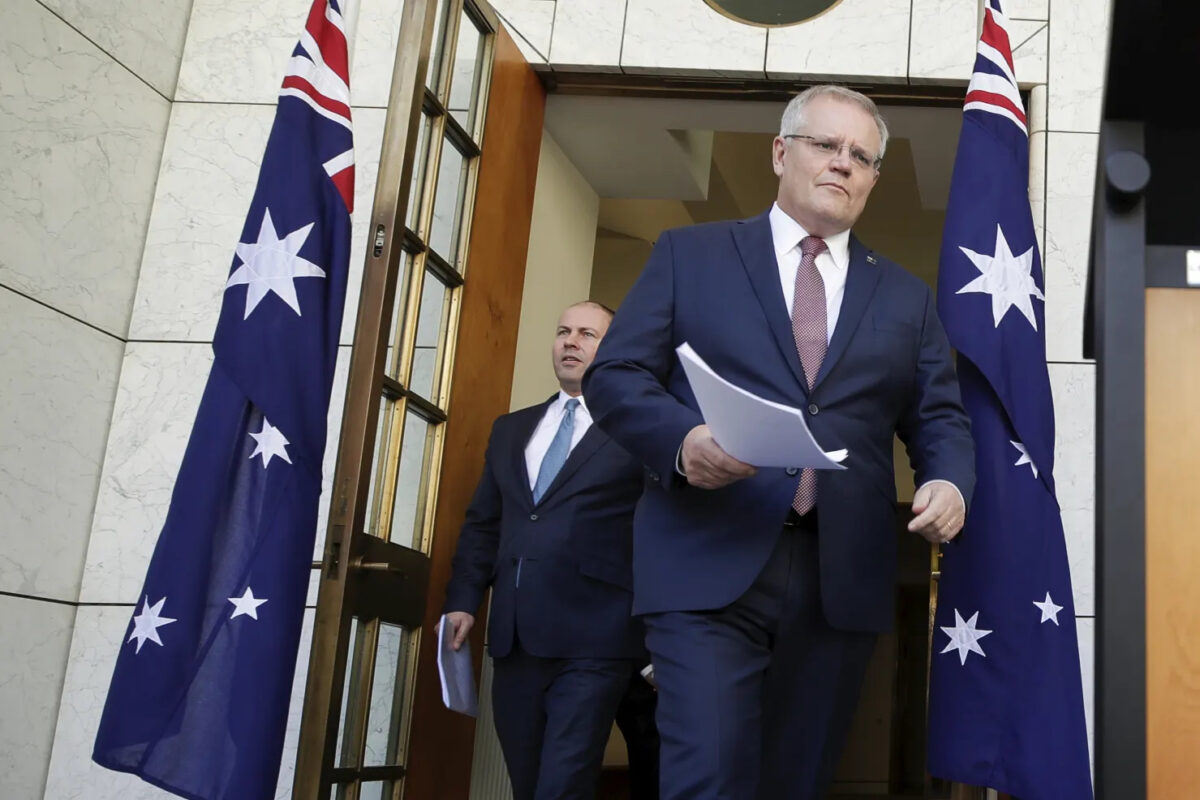Newly released data has shown that while the early-release super stimulus program rolled out by the Morrison government at the height of the pandemic (arguably) helped millions of Aussies in dire financial straits, it also provided them with an unexpected outlet…
I’m sure you don’t need reminding that the COVID-19 pandemic had an unprecedented impact on the way Aussies live, socialise, and travel. But a newly released study has shown that it may have also encouraged one of our nation’s less-than-ideal pastimes…
Though we’ve known that Australia has a gambling problem for some time, with much of the mainstream media and self-labelled progressive politicians helping to fund and fuel the crisis, it appears that this apparently-beneficial economic policy may have done just as much harm as it did good.
A recent study conducted by researchers at George Washington, Harvard, and Australian National Universities has revealed that the COVID-19 early release stimulus program – which allowed Aussies to withdraw up to $20,000 from their hard-earned superannuation accounts – has had some surprising and concerning impacts.
More than 2.6 million Australians withdrew a staggering total of $38 billion under the program, which aimed to provide much-needed financial assistance to the thousands of Aussies who lost their jobs or had their work hours reduced by at least 20% due to lockdowns and resulting social upheaval caused by the pandemic.

But here’s the shocking bit: the study found that almost 25% of applicants emptied their accounts within days of the program’s launch, with large differences in occupation found in relation to withdrawal.
For example, over 40% of construction and miners withdrew from their retirement savings program, while only 6.3% of teachers did the same. Mobile plant operators and factory process workers were also more likely to withdraw, while those in the information technology, legal, and health sectors were less likely to do so.
As well as the surprising discovery that some users of the scheme withdrew more than $1,000 from ATMs despite the plummeting use of cash during early lockdowns, perhaps the most shocking finding of the study was that spending on gambling alone jumped by almost $300 among those who accessed the program.
Less surprising was the study’s confirmation that the people most likely to use the scheme were in some of the most financially disadvantaged parts of the country with the lowest pre-existing superannuation balances – suggesting a lower level of financial security and stability more broadly – while those on the highest incomes were more likely to save their withdrawal.
In line with this, it follows that the four highest withdrawal rates were in parts of the country where more than 80% of residents are Indigenous Australians, who suffer higher levels of poverty and financial precarity than White Australia.

And it seems that Aussies may come to regret these withdrawals no matter how big their gambling winnings might have been: experts estimate that those who withdrew the full $20,000 available to them over two withdrawals will cost themselves a massive $120,000 in retirement savings.
Then-treasurer Josh Frydenberg defended the policy, stating that it was “the people’s money and this [was] the time they needed it most”. However, former Treasury official Steven Hamilton argued that the study should come as a long overdue wake-up call for politicians who believe that people getting early access to their super for anything but retirement is a good idea.
“This makes a pretty strong case for not allowing early withdrawals in [the] future.”
Steven Hamilton
While the COVID early release stimulus program may have provided short-term financial relief to those in need, you could comfortably argue that this study proves policymakers have once again put short-term political wins over the long-term interests of the Australian public.
Having said that, the COVID pandemic was a hell of a time (read: a once-in-a-generation stress-inducing sh*tstorm) so I can kind of understand how a night of fun playing the pokies might have felt like money well spent…
